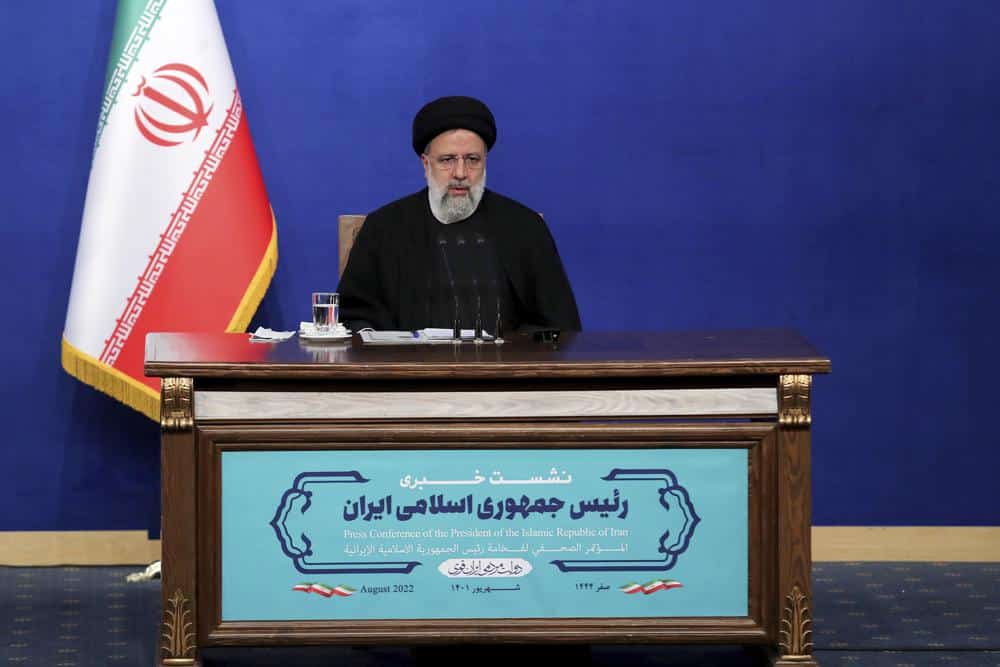Iranian President Ebrahim Raisi has ordered an investigation into a series of incidents where noxious fumes have sickened hundreds of girls at about 30 schools since November. Some officials suspect that these incidents of poisoning at girls’ schools may be attacks targeting women’s education. The girls have complained about headaches, heart palpitations, feeling lethargic, or being unable to move, with some even being admitted to hospital.
Why have Iranian officials changed their stance on the poisoning at girls’ schools?
Initially, Iranian officials dismissed the incidents, but they have now acknowledged the scope of the crisis. Unlike Afghanistan, Iran has no history of religious extremists attacking girls’ education. Women and girls continued attending school even during the Islamic Revolution that toppled Iran’s western-backed shah in 1979.
At a Cabinet meeting on Wednesday, President Raisi ordered the Interior Ministry to investigate the incidents, with assistance from the health and intelligence ministries. He called for prompt release of the investigation results to the public. It was the first time that the president has publicly addressed the poisonings.
A senior security official had earlier dismissed the matter as psychological warfare by unnamed enemies of the country, saying that “Over 99% of this is caused by stress, rumor and psychological war started particularly by hostile TV channels, to create a troubled and stressful situation for students and their parents.” However, Iran’s prosecutor-general has ordered an investigation, citing “possibilities of deliberate criminal acts.”
Iran’s deputy education minister has also confirmed that the poisoning of schoolgirls “in cities such as Qom and Borujerd has been done intentionally.” The authorities suspect that some people wanted to close all schools, especially girls’ schools, after the poisoning of several students in Qom.
The poisonings have come at a sensitive time for Iran, which has faced months of nationwide protests since Mahsa Amini died in September after being arrested by the morality police for allegedly violating Iran’s strict Islamic dress code.
Image Credit: Iranian Presidency Office via AP



















